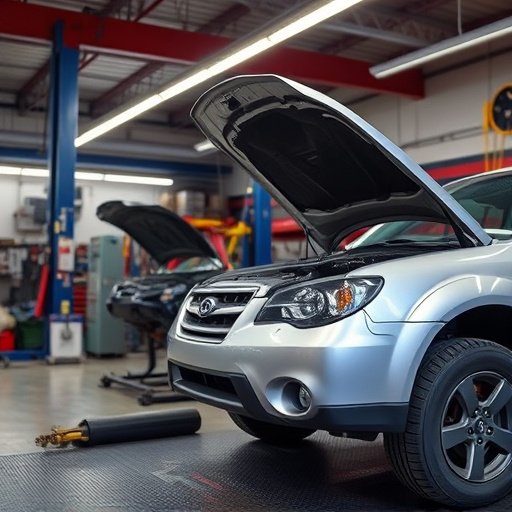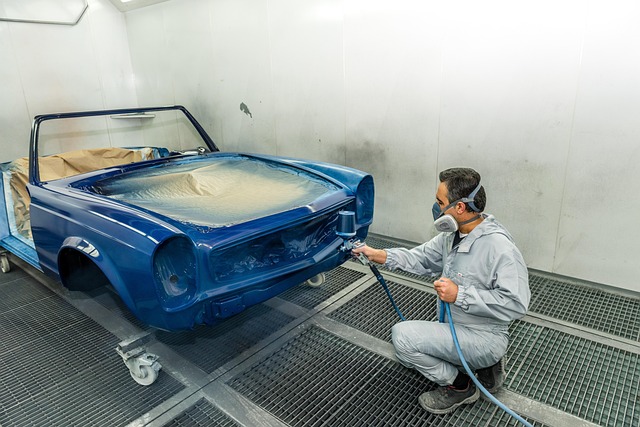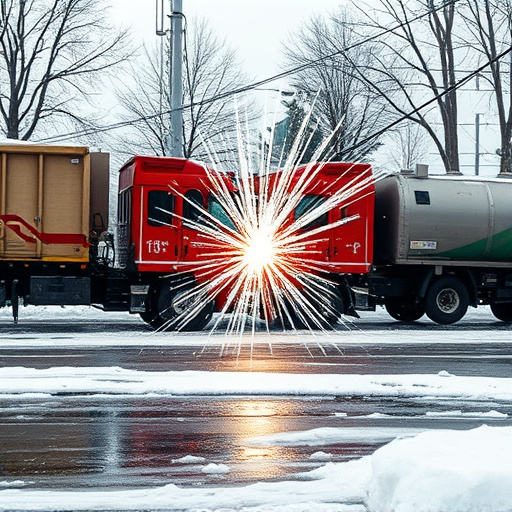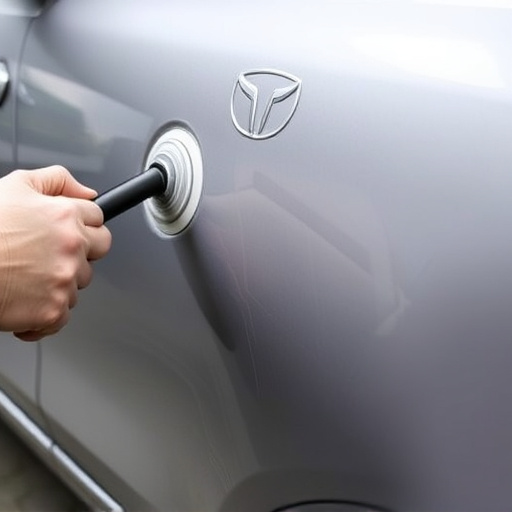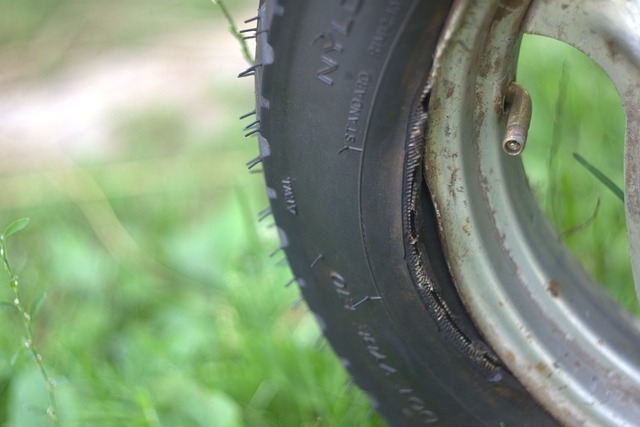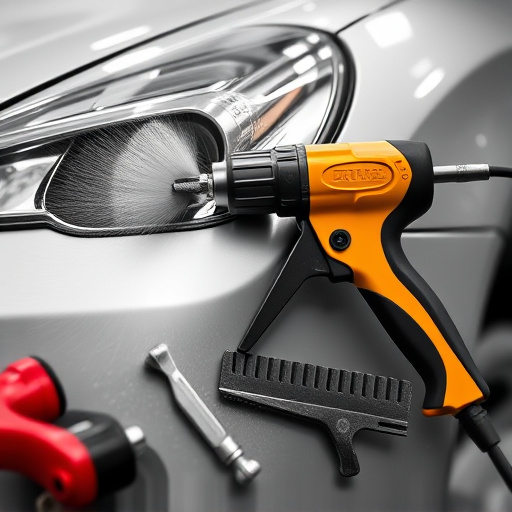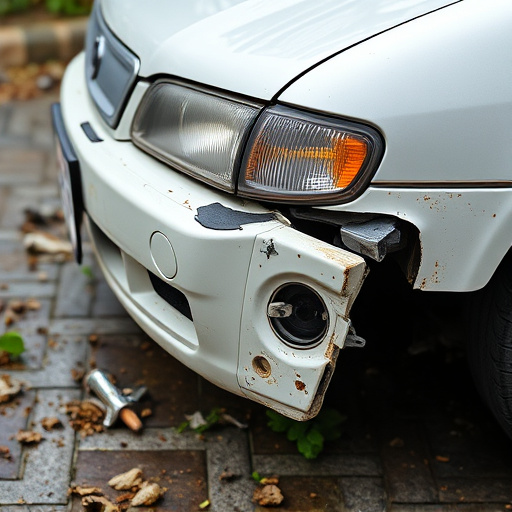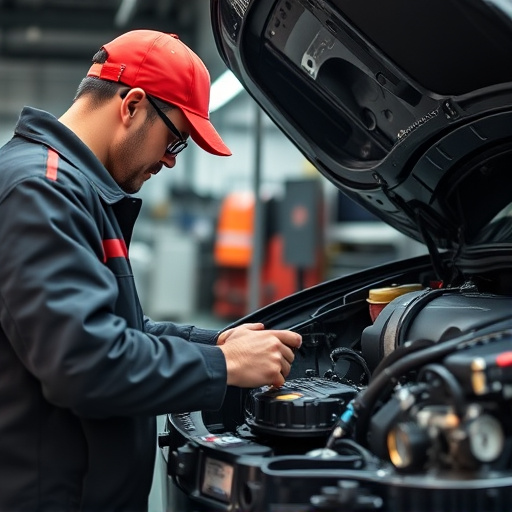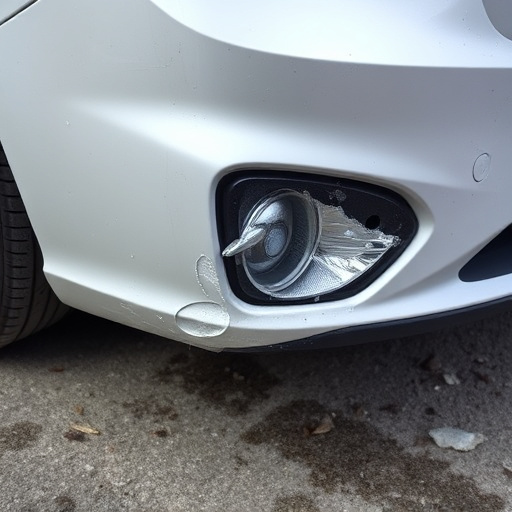Mercedes Active Brake Calibration (ABC) is a safety feature requiring expert post-collision inspection and precise calibration after accidents. ABC uses sensors to detect hazards and automatically brake, reducing accident severity. Reputable body shops calibrate the system, ensuring effective, responsive braking for enhanced driver and road user safety. Regular expert calibration minimizes braking distance and maintains optimal performance, critical for Mercedes vehicles' emergency stopping ability.
Mercedes Active Brake Calibration is a critical safety feature that requires regular checks, especially after a collision. This article delves into the intricate process of understanding and calibrating this advanced system. We explore the post-collision inspection process, highlighting its importance in ensuring vehicle safety. By examining the precise adjustments involved, we emphasize how accurate calibration checks safeguard drivers and pedestrians alike. Discover why this aspect of Mercedes engineering is essential for optimal braking performance and passenger protection.
- Understanding Mercedes Active Brake Calibration
- Post-Collision Inspection Process Explained
- Ensuring Safety Through Precise Calibration Checks
Understanding Mercedes Active Brake Calibration

Mercedes Active Brake Calibration is a critical component of modern vehicle safety systems, playing a pivotal role in preventing collisions and mitigating their impact. This advanced technology uses sensors to detect potential hazards and automatically applies the brakes to slow or stop the vehicle, thereby reducing the severity of accidents. Understanding this calibration process is essential for both car enthusiasts and those involved in auto repair shops, as it directly influences the safety and performance of Mercedes vehicles.
During a post-collision inspection, particularly at a reputable vehicle body shop, technicians carefully calibrate the active brake system to ensure its optimal functioning. This involves precise adjustments to the braking components, including the electronic control unit (ECU), sensors, and hydraulic systems. Such meticulous calibration not only restores the car’s safety features to their intended performance but also enhances the overall driving experience, making it crucial for any car restoration process.
Post-Collision Inspection Process Explained

After a vehicle collision, especially one that has resulted in damage or injuries, a thorough post-collision inspection is crucial. This process involves meticulous evaluation of various components to ensure safety and functionality. In the case of Mercedes vehicles, the focus often shifts to the intricate systems like the active brake calibration.
During this inspection, experts carefully examine the car’s computer systems to check the precision of the active brake calibration. It’s a critical step in determining if the vehicle’s braking system needs adjustments or repairs. The process ensures that the car’s brakes are not only effective but also responsive and precise after an accident, thereby safeguarding drivers and passengers alike. This attention to detail is vital in the complex world of car body repair and vehicle collision repair services.
Ensuring Safety Through Precise Calibration Checks

In the aftermath of a collision, every component of a vehicle’s safety system must be meticulously inspected and calibrated to ensure optimal performance. The Mercedes Active Brake Calibration check is a critical aspect of this process, as it directly impacts the car’s ability to stop effectively during an emergency. Precise calibration ensures that the active brake system reacts accurately to driver inputs, minimizing braking distance and enhancing overall safety.
Regular calibration checks by qualified automotive repair services are essential to maintain the integrity of the vehicle’s safety features. These inspections go beyond simple visual assessments; they involve sophisticated diagnostic tools that verify the proper functioning of sensors, actuators, and control units within the active brake system. By keeping these systems in perfect harmony, car body restoration experts can guarantee that a Mercedes vehicle will respond swiftly and reliably when its brakes are applied, ultimately protecting drivers, passengers, and other road users from potential hazards.
Mercedes Active Brake Calibration is a critical safety feature that requires meticulous post-collision inspection. By understanding the process and its importance, we can ensure that these sophisticated systems function optimally after an incident. Precise calibration checks during post-collision evaluations are essential to maintain the integrity of active brake performance, ultimately safeguarding drivers and passengers in the event of an emergency stop.

